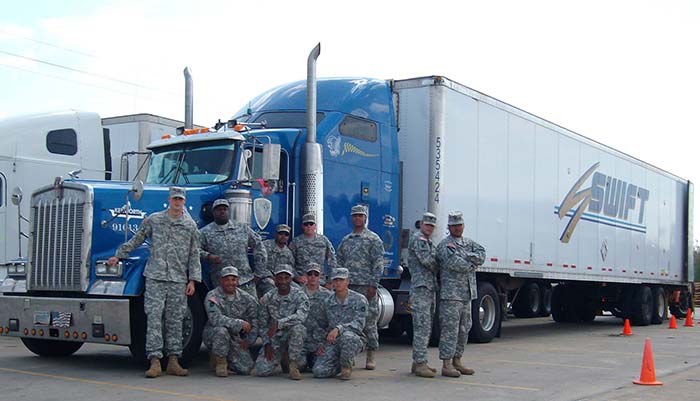Last year, the Federal Motor Carrier Safety Administration, which monitors safety regulations for the trucking industry introduced a three-year pilot program to allow 18-21 year-old drivers haul large trucks and tractor trailers across state lines. Why is this considered a good idea?
According to the CDC, teen drivers are already disproportionately prone to fatalities when driving cars, and 18 to 21-year-olds are already allowed to drive trucks, but not across state lines. This law based on state line restrictions is an arbitrary way to control how long a teen truck driver can be on the road. For example, a drive from Chicago to Southern Illinois may well be over 300 miles, while a much shorter drive from Chicago to Gary, Indiana is about 30 miles. The latter of these two drives is not allowed for teen truck drivers because they would be crossing state lines. However, it is just as risky, if not more so, when teenagers are allowed to haul large vehicles for the longest of distances within their states. Therefore, it would be safer for everyone if teen truck drivers would be limited to driving a set number of miles rather than being restricted on crossing state borders.
The new pilot program limits truck drivers under 21 to drive 100 miles into neighboring states, but this policy still has its flaws. This pilot program begs the question for how long would these teen drivers be driving in total? If a teen truck driver is traveling 100 miles in the neighboring state, this is in addition to what distance driven from the home state to get to the neighboring state?
Furthermore, the pilot program is using a very selective sample as a generality for the average teen truck driver. The 18 to 21-year-olds selected for the pilot program are military veterans who drove trucks as part of their service. The problem with using this sample group is that most of these veterans would be 21 or closer to 21, because the military starts to admit recruits at 18 years of age.
Another problem is that it’s very different working for the nation’s security as opposed to a for-profit trucking company that’s looking out for its bottom line. When rushed by their customers and bosses, young truck drivers are more likely to make deadly mistakes. Eric Penucci, a veteran truck driver interviewed by NPR said, “There’s a lot of stress in the trucking business. All customers are in a hurry to get their stuff. Traffic causes delays. Truck drivers need to be experienced, calm under pressure, and able to make good decisions.”
The trucking industry is facing a shortage of drivers, which may only get worse. Older and experienced drivers are retiring or leaving the industry altogether. Future truck drivers may be overworked, underage, and less-knowledgeable on roadway safety. These factors create fatalities on our highways that will only grow unless safer policies are put in place.
I am a truck accident lawyer in Chicago and often times I am dealing with the tragedy these accidents bring to families and communities. If you or your loved one was injured in an accident involving a truck you shouldn’t feel alone. Get the help and legal representation that will help you or your loved one move forward. Committed to your needs, our truck accident attorneys understand what you may be going through. The Dinizulu Law Group, Ltd. is available to answer all your questions and help you navigate through this difficult time. Our number is 312-384-1920 and 1-800-693-1LAW, or reach us by email at info@dinizululawgroup.com.




